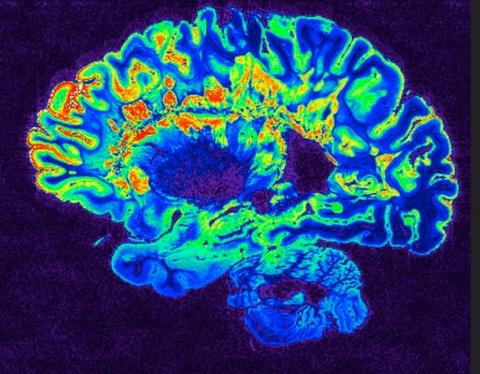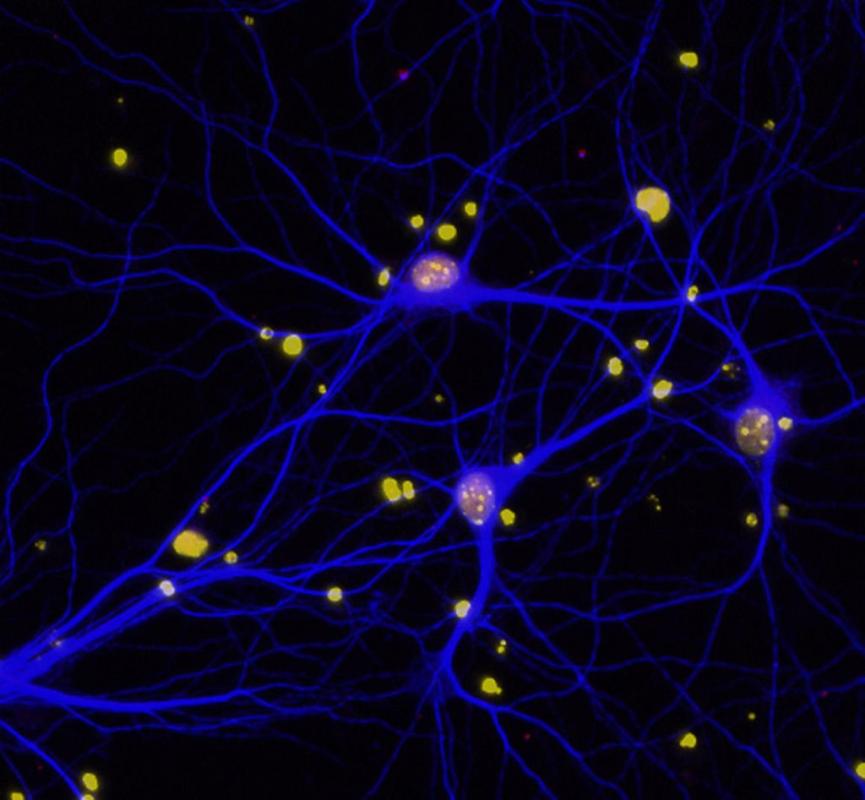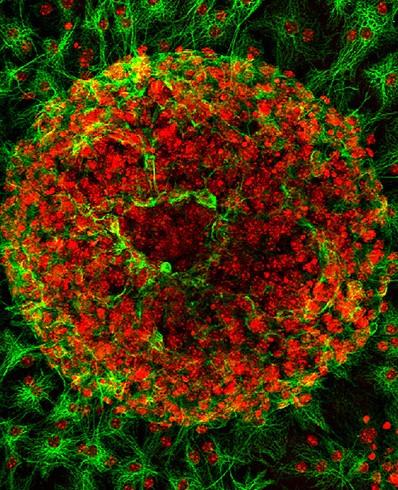Duke Neurology Research Round Up, January 2023
The final month of 2022 saw the release of 12 new peer-reviewed journal articles written or co-written by members of the Duke Neurology Department. Highlights of our most recent publications include an evaluation of a training program designed to improve the delivery of epilepsy care in Uganda, a review of recent advances in the treatment of carpal tunnel syndrome, and a discussion of treatment options for the autoimmune condition known as neuromyelitis optica spectrum disorder (NMOSD).
Duke Neurology 2022: A Year in Review (Part 2 of 2)
The Duke Neurology Department continued to build on its success in the second half of 2022. The final six months of 2022 saw Duke University Hospital receive national rankings for neurology and neurosurgery, our first endowed professorship dedicated to help treat and understand amyotrophic lateral sclerosis (ALS), and recognition as the country’s second national center of excellence for dystonia among other achievements.
Duke Neurology 2022: A Year in Review (Part 1 of 2)
The Duke Neurology Department continued to grow and advance its missions of patient care, research, and training the next generation of neurology providers in 2022. Highlights from the first half of our calendar year include national and Duke-wide awards recognizing our faculty’s contributions to the field of diversity, inclusion, and neurology as a whole. The same period also saw the growth of the new Duke/UNC Alzheimer’s Disease Research Center and three of our neurologists don helmets and get in their racing care.
Bedlack receives international Forbes Norris Award
The International Alliance of ALS/MND Associations has given its 2022 Forbes Norris Award to Professor of Neurology Richard Bedlack, MD, PhD. This distinguished award honors his decades-long contribution to the management of and advances in understanding amyotrophic lateral sclerosis/motor Neuron disease (ALS/MND), a group of diseases in which the nerve cells that control muscles undergo degeneration and die, to the benefit of people living with the disease.
Duke Neurology Research Round Up, December 2022
Members of the Duke Neurology Department advanced the fields of clinical and translational neuroscience this November, contributing to 16 new peer-reviewed studies.
Fellow Spotlight: Thapat "Ton" Wannarong, MD
Thapat "Ton" Wannarong, MD, was first drawn to neuromuscular medicine as a medical student, when a neuroanatomy class revealed how the specialty allowed one to localize the case of an injury. That passion grew during Wannarong’s residency, and now he is living his dream as one of our neuromuscular fellows. In this week’s Spotlight interview, Wannarong talks to us about his hopes for providing clinical care while educating a new generation in neuromuscular medicine.
ALS Community Endows First ALS Professorship
Amyotrophic lateral sclerosis (ALS) is a degenerative disease that leads to progressive weakness and ultimately death. As in so many diseases, the ripple effect of ALS is felt throughout a patient’s circle of support. Driven to make a positive change for other families, Duke’s ALS community is celebrating a significant milestone for future patients.
(This story first appeared on the DukeHealth website. Find that version of the story here.)
Duke Neurology Research Round Up, October 2022
Members of the Duke Neurology Department contributed to 12 new peer-reviewed journal articles published this September. Among other findings, this research answered important questions about the use of telehealth to manage chronic neurological conditions, investigated an alternative therapy’s potential benefit for fighting ALS, and synthesized the latest research findings about the role of the immune system and infection in the genesis of Alzheimer’s disease.
Staff Spotlight: Cerica Phelps, CMA, AMT
The day’s work of a provider depends on frequent support. Appointments are constantly being scheduled and rescheduled, orders for medication refills and procedures need to be maintained, and providers need instant access to records, images and other information. Cerica Phelps, CMA, AMT, provides these duties and more to more than a dozen providers within the Duke Neurology Department--while also acting in an advisory and supervisory role to nine staff assistants.
Duke Neurology Research Round Up, September 2022
Members of the Duke Neurology Department contributed to 12 new peer-reviewed journal articles published this August. Highlights include a review article examining evoked potentials used for deep brain stimulation in Parkinson’s, the healthcare received by veterans with epilepsy, the optimal stroke treatments for patients with cerebral venous thrombosis, and other topics.








